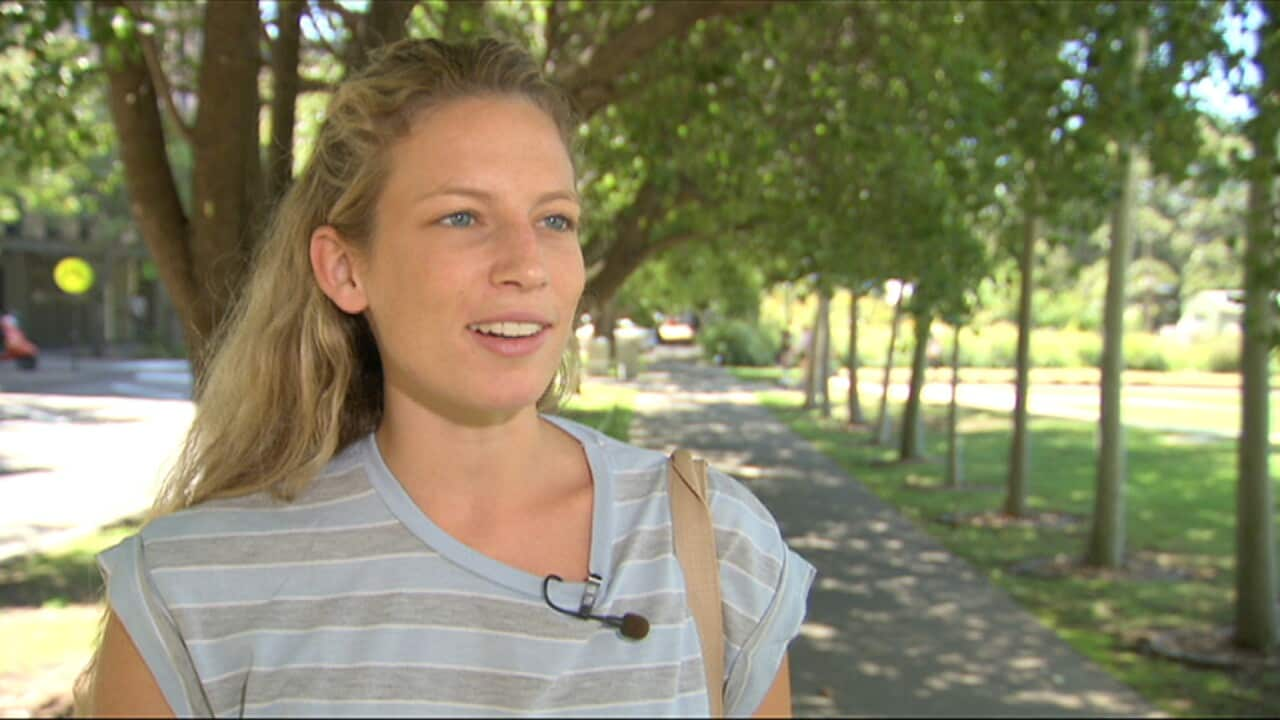As a new university semester gets underway, a record number of international students will fill Australian lecture theatres.
But as concerns mount about the dependence on Chinese students, institutions are increasingly focusing on other countries.
South African student Lisa Paterson told SBS News she was looking forward to not only starting her new degree, but also to starting a new lifestyle.
"At home I wouldn't really go walking around at night or take public transport that frequently, so I'm really loving the freedom and independence that it's given me here."
The 24-year-old from Cape Town is one of a growing number of international students arriving at Australian campuses this week.
A significant risk
Last year, a record 350,000 chose to study abroad at Australian universities - or about 9,000 on each campus.
Education is now the country's third-largest export.
The bulk of overseas students - 38 per cent - came from China.
For the coalition of top Australian universities, known as the Group of Eight, that figure was almost two-thirds.
Tensions between Australia and China and concerns about Beijing's influence on Australian campuses has raised fears Chinese student numbers could fall.
But University of Western Australia pro vice-chancellor Iain Watt said it has not happened yet.
"As far as I'm aware, the number of Chinese students, new students commencing this year is up on last year but there is certainly a little bit of a change in the discussion taking place in China."
Chairing a panel on the future of international education, Mr Watt said a dependency on Chinese students is a significant risk.
"Whether it's a government policy decision in China or whether its some sort of infectious disease outbreak which resulted in students decreasing or stopping, the cessation of income flows to the universities would be almost impossible to replace. "
Africa, Latin America and India
Institutions are increasingly targeting other regions including Africa, Latin America and India.
UNSW pro vice-chancellor Laurie Pearcey said he saw India "being really important to the future of higher education (and) I've got colleagues this week leading a roadshow of UNSW engineering into Indonesia".
Universities are also planning to revisit up what they can offer potential international students in the next five to 10 years.
Mr Watt said "different sorts of qualifications, blended types of learning, universities are going to have to be able to adapt to what the students are looking for".

